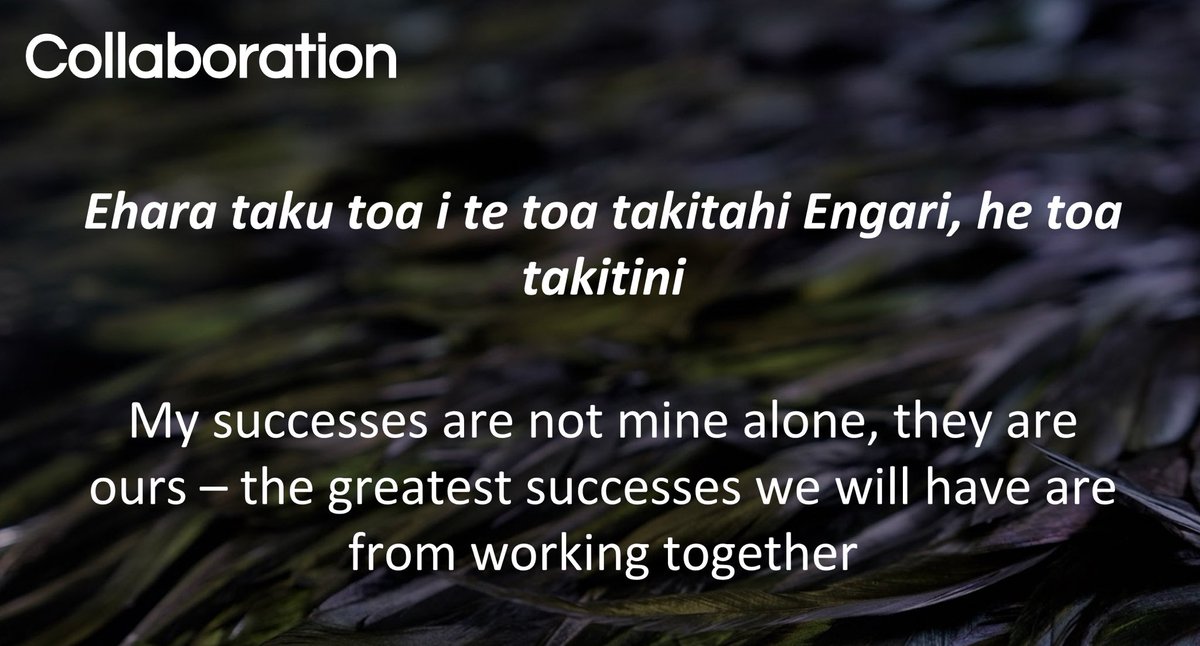E Tu‐rau‐ngā‐tao e, pewhea tāua e whiti ai? Tēnā anō kei ona roratanga
Difficult obstacles can be surmounted if one perseveres and all avenues are explored
Week 8
3 Hakihea - 7 Hakihea
Junior Curriculum Project - All Week
National Cricket Champs - Mon 3 - Wed 5 Year 10 Camps Begin Senior Clearance ends - Mon 3 Year 13 Leavers Ball at Wigram - Mon 3 Touch - NZ Champs - Fri 7 - Sun 9 |
Week 9
10 Hakihea - 14 Hakihea
Junior Curriculum Project - Mon - Wed
Juniors finish at 12.20 - Mon 10 Senior Prizegiving (CBHS at 6pm) - Mon10 Year 13 Testimonials available - Mon 10 Openside performance at Lunchtime - Tues 11 Junior Prizegiving - Thurs 13 at 9.00am Staff Farewells - Thurs 13 at 11am Staff lunch - Thurs 13 at 1pm |
Assembly - WED
Nil
|
Assembly - WED
Nil |
Meeting
Nil
|
Meeting
Nil |
Information for Staff
1. Beginners Guide to the Hour of Code: Next week is the hour of code week. The Blog post 'Shake up Learning' has a number of resources you can use to start your coding journey.
2. The education hub has recently uploaded an article on the 'Seven Principles to effectively support Māori students as Māori'.
The seven principles identified are:
- Accepting professional responsibility for, and making a commitment to, improving Māori students’ educational achievement
- Caring for Māori students as Māori
- Developing relationships with whānau and iwi
- Transforming power relations in the classroom
- Developing discursive and co-constructive pedagogies
- Managing classrooms to promote learning
- Having high expectations of Māori students and reflecting on learning outcomes and goals with students and whānau
See link above for more detail as to what this might look like in the classroom.

